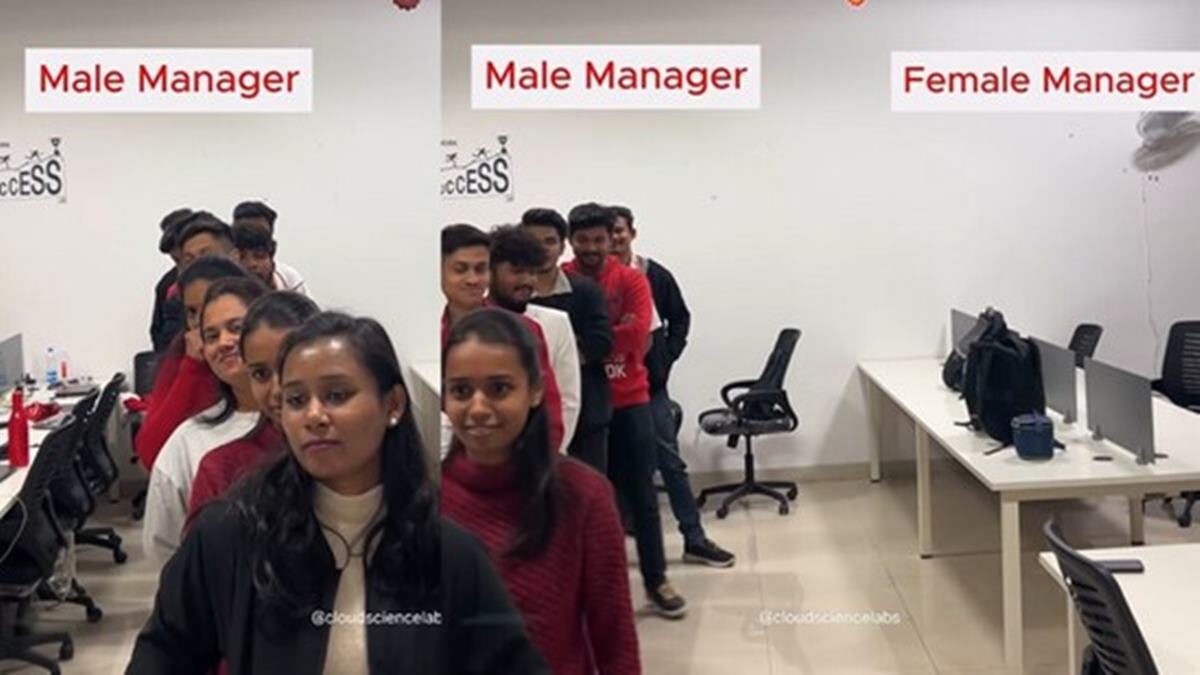The retirement age in India’s corporate corridors is no longer 60—and it’s not 55 either. It’s inching disturbingly close to 45. And this time, it’s not a lifestyle choice. “I don’t mean it in a good way,” warns investment banker and advisor Sarthak Ahuja, who has been tracking a growing undercurrent in India’s professional class.
“I’m seeing a number of corporate professionals in their mid-40s setting up LLPs on the side,” Ahuja said. “They’ll tell you, ‘This is going to be my consulting entity that I might need in the next couple of years.’”
It’s a quiet panic. Professionals in their early- to mid-40s—especially in sales, marketing, product, operations, and tech—are bracing for a future they never planned for. “Ask any CA firm in urban India,” Ahuja adds, “and they’ll confirm this surge in LLP registrations.”
Unlike professions where experience is a badge of honour—like law and medicine—corporate roles now view seniority as an overhead. “People at the top are seen as really expensive and not up to date with what’s relevant today,” he says.
And companies aren’t firing them outright. “They’re building parallel departments with younger teams—working independently of senior folk, on lower costs, and often getting more leadership attention,” Ahuja notes. The result? Promotions dry up. Influence fades. Office politics spikes. And the writing on the wall becomes too clear to ignore.
Faced with stalled growth and no lateral safety net, many professionals have turned to weekend consulting gigs, collecting clients over time in hopes of phasing out of corporate jobs entirely. “This surge in entrepreneurship and financial independence is not driven by excitement,” Ahuja emphasizes. “It’s driven by fear of the unknown future in jobs.”
The tilt toward younger talent is also reshaping elite education. “When I was at ISB, the average work experience was over six years. Now, it’s down to four,” he notes. “They’re even launching a two-year MBA for undergrads—because consulting firms want fresh, young hires.”
His final take? “If you’re in your 40s, you either upskill to stay relevant—or start a business that helps others like you do exactly that.”




















